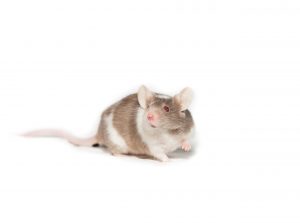Featured Products
Explore Products
- In-Stock Tumor Cell Lines
- Human Orbital Fibroblasts
- Human Microglia
- Human Pulmonary Alveolar Epithelial Cells
- Human Colonic Fibroblasts
- Human Type II Alveolar Epithelial Cells
- Human Valvular Interstitial Cells
- Human Thyroid Epithelial Cells
- C57BL/6 Mouse Dermal Fibroblasts
- Human Alveolar Macrophages
- Human Dermal Fibroblasts, Adult
- Human Lung Fibroblasts, Adult
- Human Retinal Muller Cells
- Human Articular Chondrocytes
- Human Retinal Pigment Epithelial Cells
- Human Pancreatic Islets of Langerhans Cells
- Human Kidney Podocyte Cells
- Human Renal Proximal Tubule Cells



 the respiratory tract and play a crucial role in maintaining the integrity of the tracheal. In mice, non-ciliated cells make up the majority of the epithelium; whereas in humans, ciliated cells are the majority. In the tracheal cell population, basal cells (BCs) and myoepithelial cells are identified as stem cells in response to injury in mice: tracheal basal cells express TRP63, cytokeratin 5, and nerve growth factor receptor, self-renew, and differentiate into ciliated and secretory cells in vivo; tracheal myoepithelial cells form ciliated, secretory, and non-ciliated columnar cells in vivo.
the respiratory tract and play a crucial role in maintaining the integrity of the tracheal. In mice, non-ciliated cells make up the majority of the epithelium; whereas in humans, ciliated cells are the majority. In the tracheal cell population, basal cells (BCs) and myoepithelial cells are identified as stem cells in response to injury in mice: tracheal basal cells express TRP63, cytokeratin 5, and nerve growth factor receptor, self-renew, and differentiate into ciliated and secretory cells in vivo; tracheal myoepithelial cells form ciliated, secretory, and non-ciliated columnar cells in vivo.